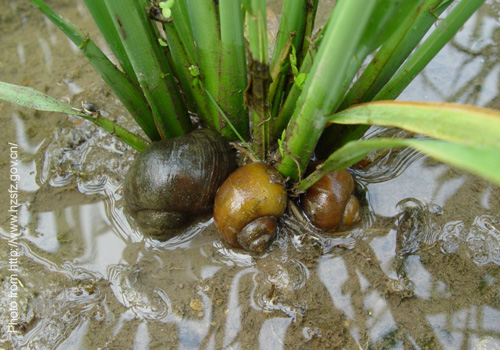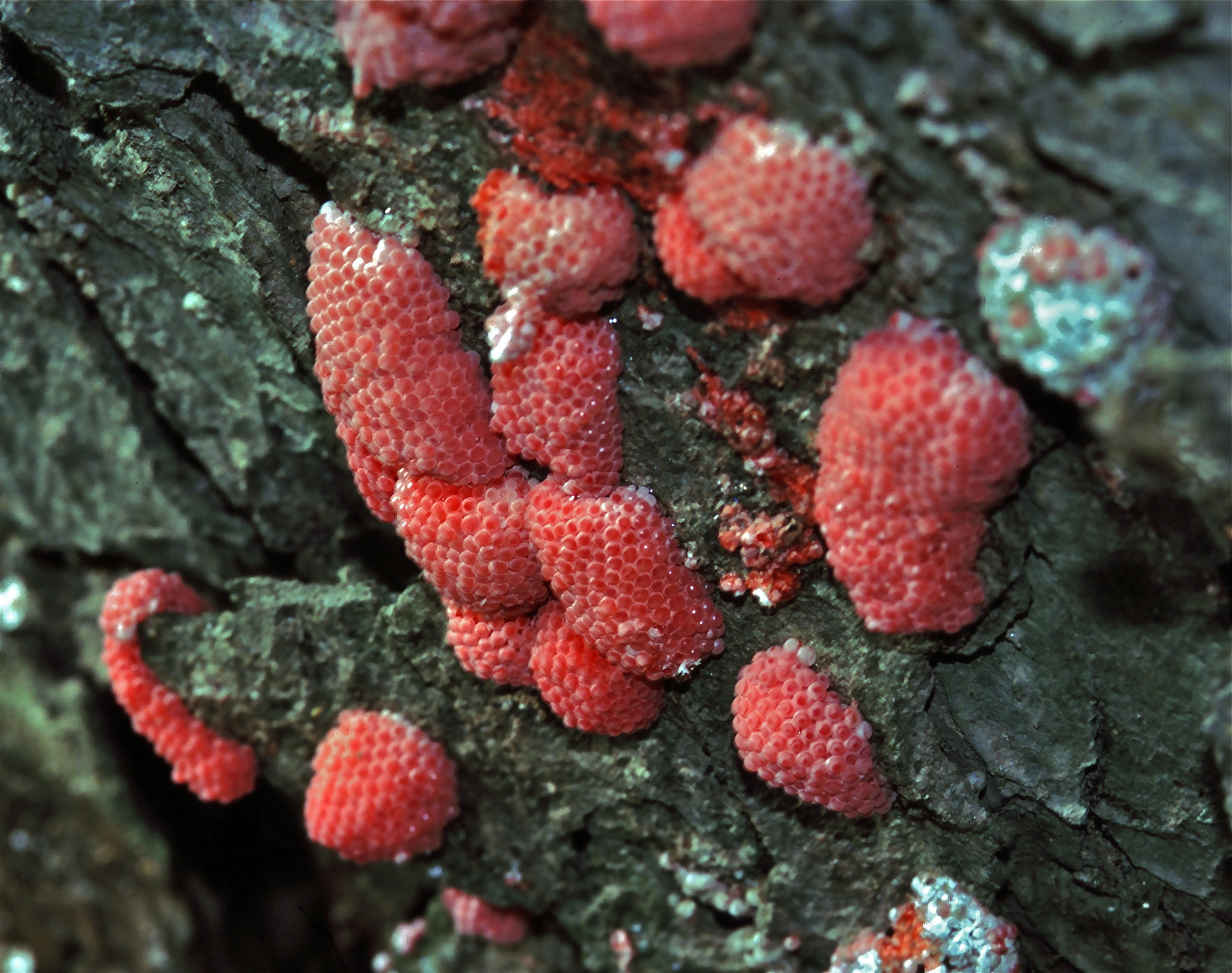South American apple snails have destroyed hundreds of acres of farmland in Ayeyawady Region since they first appeared in the area in 2013, including a reported 900 this year, posing a significant threat to farmers’ livelihoods and potentially to Myanmar’s rice supply.
Two species of apple snails – Pomacea canaliculata and Pomacea maculata – were first introduced to Southeast Asia from South America in the 1980s; they were intended to be a source of food for humans. However, the snail population soon spiraled, and they became one of the most destructive pests in the region.
In the early 2000s, the snails were confined to mountainous areas in Shan and Kachin states. But they eventually spread via waterways in Mon and Kayin states to Ayeyawady Region – Myanmar’s main rice-producing area. The snails eat rice plants that are less than 30 days old by attacking them at the base, which kills the plants. They can clear up a square meter of a rice field overnight.

The snails are highly invasive to rice-growing areas because they thrive in wet environments. They can lay up to 500 eggs per week, which they leave in little pink clusters stuck to rice plants.
The snails first appeared in Ayeyawdy Region in 2013, in Dedaye Township. They didn’t destroy any fields that year, but in 2014, they spread to two other townships and infested several fields.
In 2016, the snails infested 3,000 acres of rice fields, 760 acres of which were completely destroyed.
Part of the reason the snail problem keeps getting worse is that removing the snails is incredibly labor-intensive. Once snails have entered an area, the best way to eradicate them is my mobilizing community efforts to remove individual snails by hand and to crush their egg clusters.
Latt Latt Khine, deputy chief of the Ayeyawady Region agricultural department, recently told Eleven: “The snails are common throughout the year. We can’t use chemical poisons since they can damage the environment, so we have to pick up them by hand.”
He said that these efforts can be up to 80 percent effective, but that still leaves many snails free to attack rice plants and to replenish their population.





Reader Interactions